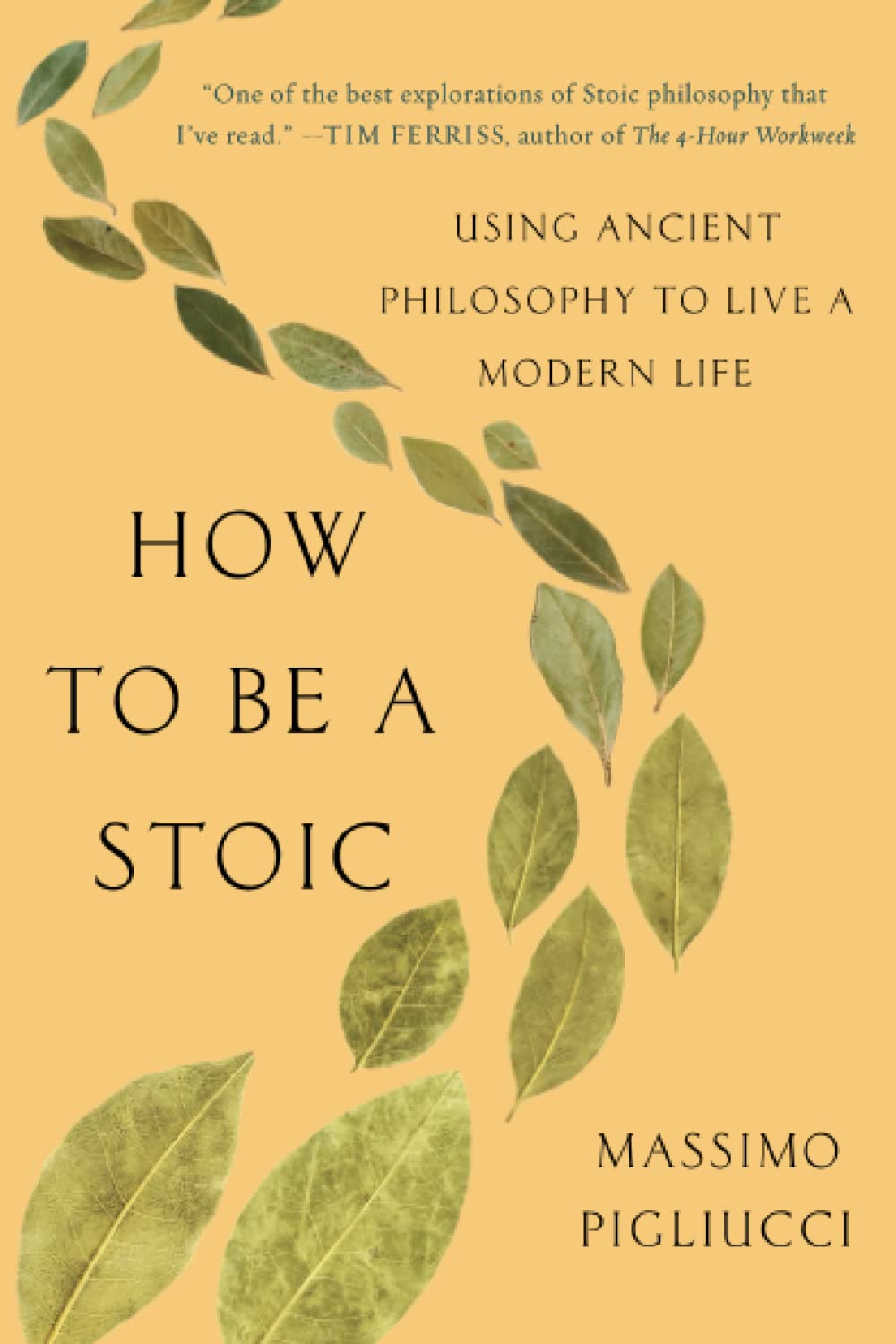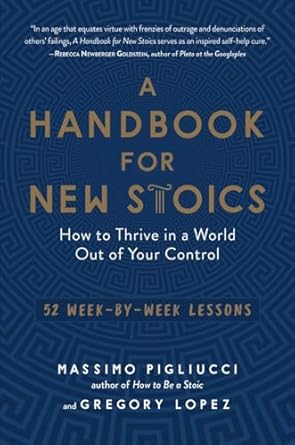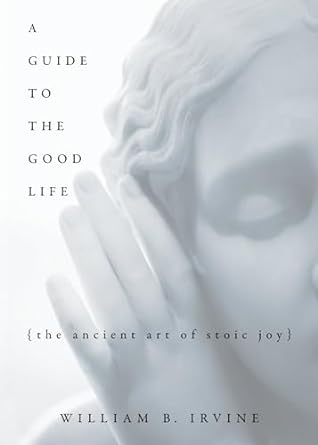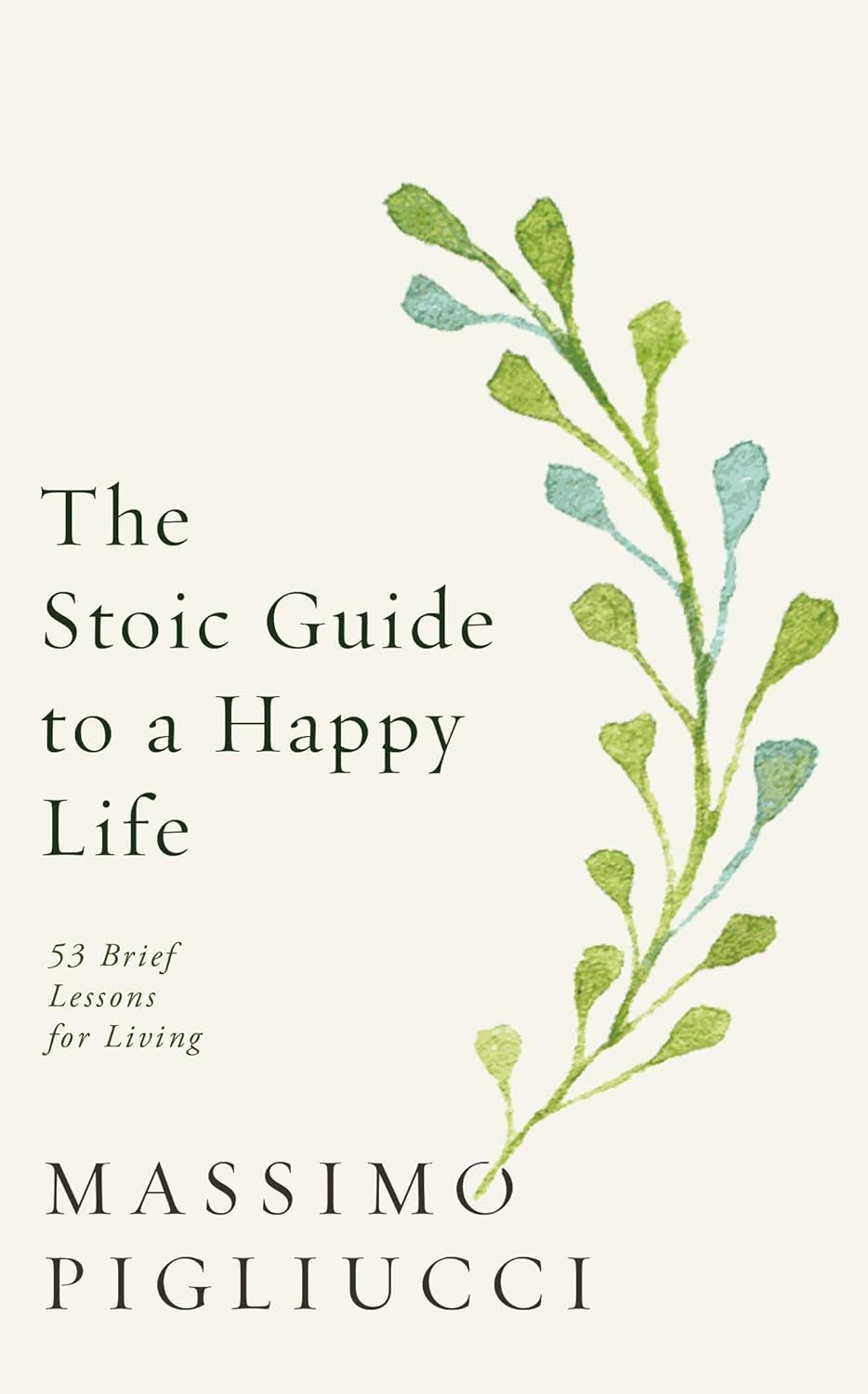Dichotomy of Control
The notion that some things are within our control, and others are not.
Examples:- In our control: opinion, desire, motivation, aversions.
- Not in our control: our body, property, reputation, death.
Key Insights & Principles
How to live
Insights:- A lot of happiness and inner peace comes from realising that most things are not within our control, and being okay with that.
- We can make choices, set goals, define strategies, and take action, but still not achieve our desires, because most things are not in our control.
- Distinguish what you can control from what you cannot.
- Focus time and resources to what you can control, be at peace with the rest.




